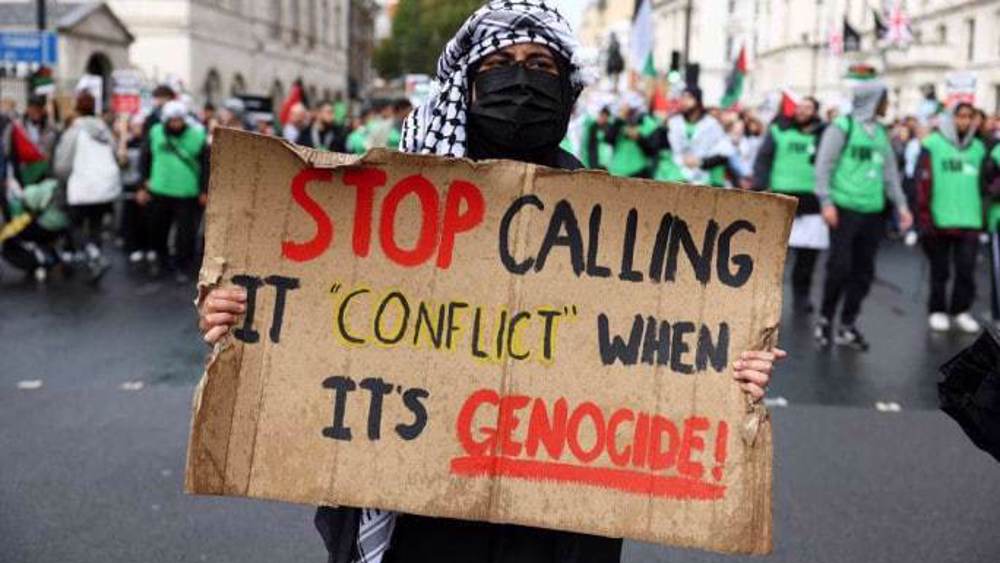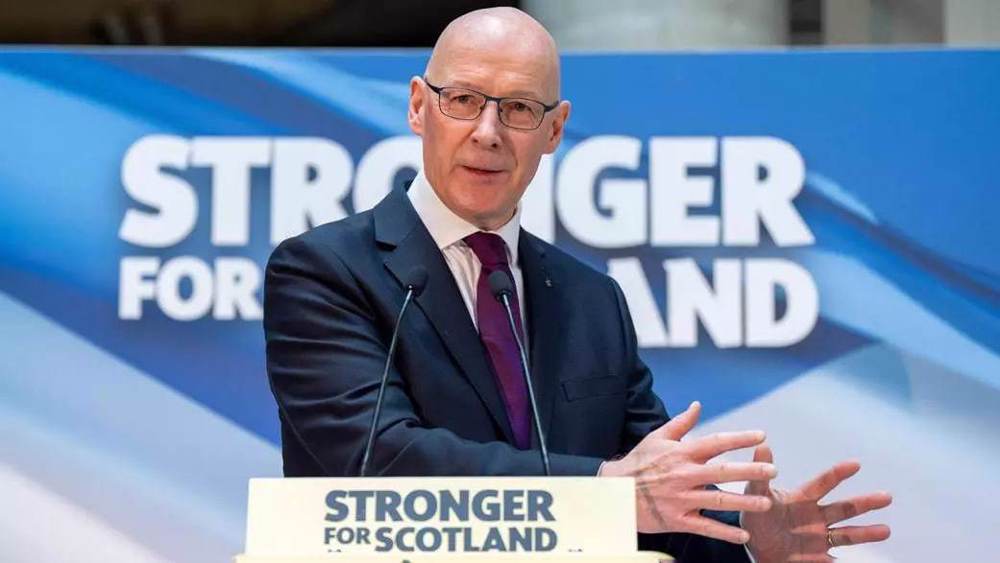Thousands protest new water charges in Ireland
Thousands of people have taken to the streets in the Irish capital, Dublin, in protest against controversial water charges, introduced as part of the country’s bailout deal with international creditors.
On Saturday, the demonstrators gathered at the Connolly Station, Heuston Station, and Merrion Square, before heading towards the O’Connell Bridge.
The demonstrations have been organized by the Right2Water campaign, which is an umbrella organization for tens of local opposition groups and trade unions.
"We have one objective and that's to seek a repudiation of the domestic water charges legislation," protest organizer, Brendan Ogle, said, adding that this would be the country’s major issue in its next general elections.
The latest wave of anti-water charges protests came as the first water bills are due to be issued to domestic users in April.
The Right2Water says it should be up to the people to decide to pay the charges or not.
The Irish government decided to charge households for water as part of austerity measures over the bailout deal announced in 2010 by the troika of international creditors - the European Union, the European Central Bank (ECB) and the International Monetary Fund (IMF). Opposition against the charges has grown in recent months.

The new charges would cost the average household between 200 and 400 euros per year. Under the old system, local authorities were responsible for the water services, which were paid for through general taxation.
The creditors had supplied an 85-billion euro bailout loan to Ireland in 2010, coming mostly from external loans and guarantees, which includes 17.5 billion euro taken mostly from Ireland’s public pension fund.
In December 2013, Ireland successfully completed the financial assistance program, after meeting most of its conditions. Dublin is currently subject to a post-program surveillance (PPS), until it repays 75 percent or more of the financial assistance it received.
SZH/HMV/SS
‘The Voice of Hind Rajab’ receives Oscar nomination
US-backed riots suffered 'humiliating' defeat in Iran: Yemeni leader
Pezeshkian: ‘Unholy rage’ fueled by Iran’s enemies after June defeat
Iran condemns Israeli demolition of UNRWA headquarters in occupied al-Quds
Denmark reasserts Greenland sovereignty as Trump claims ‘total access’
Iran’s political legitimacy comes from ballots and popular will, not foreign powers
VIDEO | Press TV's news headlines
VIDEO | The reckless US










 This makes it easy to access the Press TV website
This makes it easy to access the Press TV website